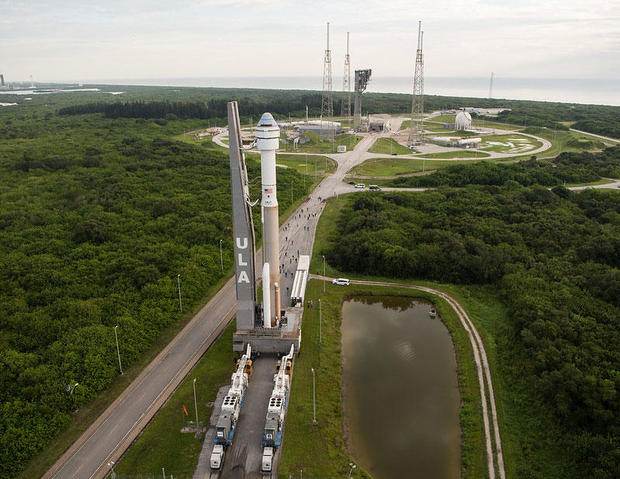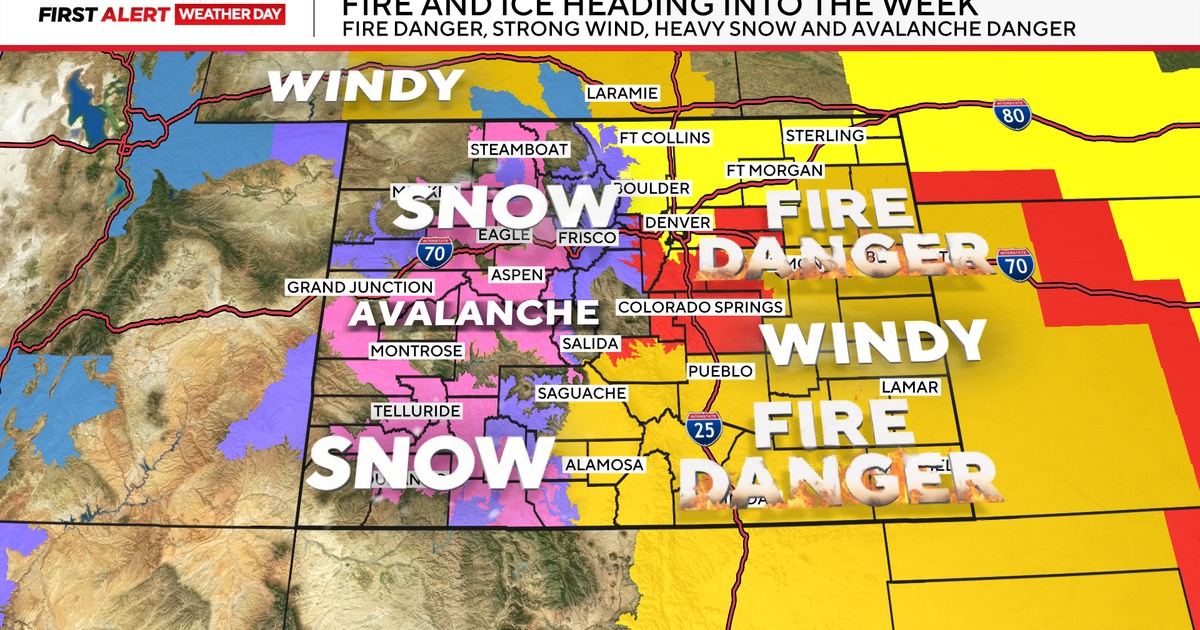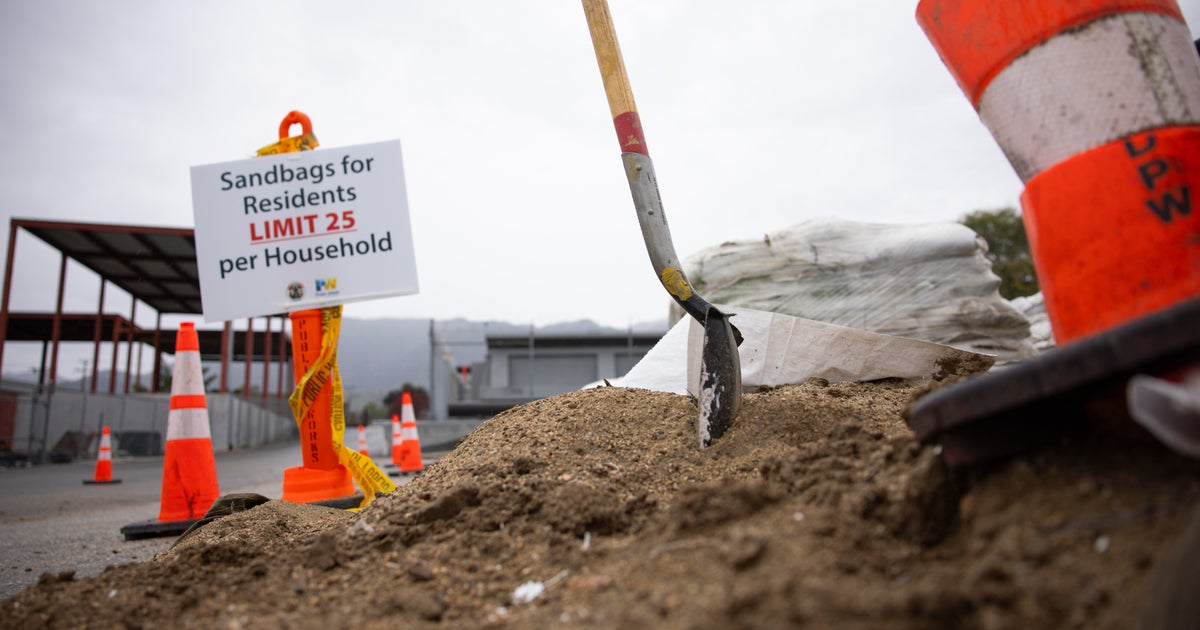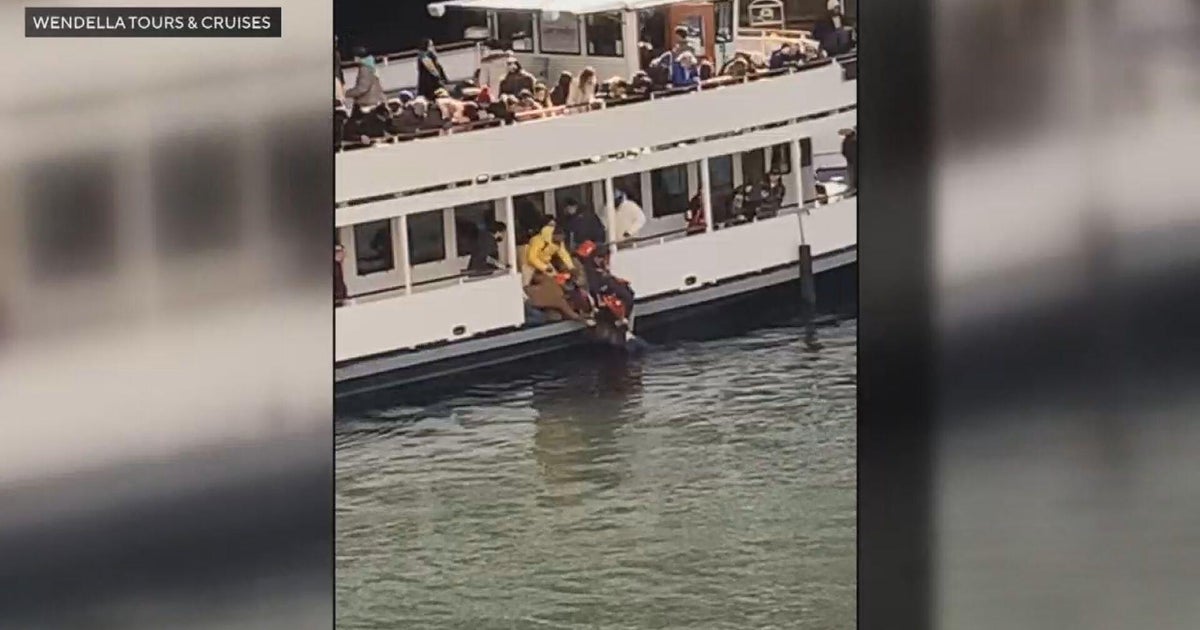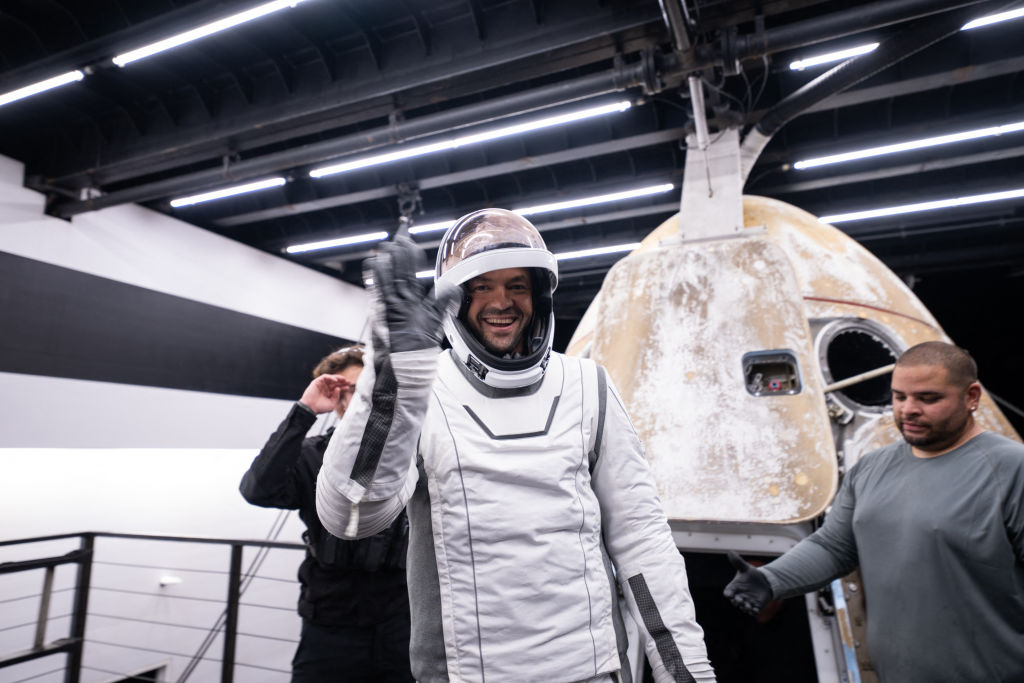Boeing readies Starliner capsule for Tuesday launch on unpiloted test flight
An Atlas 5 rocket was hauled back to its seaside firing stand Monday for launch Tuesday on a flight to boost Boeing's Starliner crew capsule into orbit for a second unpiloted test. It aims to finally prove the commercial ferry ship is ready to carry astronauts.
The United Launch Alliance Atlas 5 is scheduled for blast off from launch complex 41 at the Cape Canaveral Space Force Station at 1:20 p.m. EDT on Tuesday, setting up a docking at the International Space Station Wednesday around 1:37 p.m. Forecasters are predicting a 60% chance of acceptable launch weather.
Boeing, ULA and NASA had hoped to launch the mission last Friday. But the day before, shortly after a Russian laboratory docked at the space station, a software error aboard the newly-arrived module led to unexpected thruster firings that pushed the station out of its normal orientation.
The alarming jet firings stopped before any harm was done and the module's propulsion system was "safed" the next day. But NASA managers already had opted to delay the Starliner flight to the next available opportunity -- Tuesday -- and the Atlas 5 was hauled back to its processing facility. It was rolled back out to the seaside pad early Monday.
Boeing and SpaceX are independently building commercially developed space taxis for NASA to end the agency's post-shuttle reliance on Russia's Soyuz spacecraft for transportation to and from the space station,
Under a $2.6 billion NASA contract, SpaceX launched its Crew Dragon spacecraft on a successful unpiloted test flight to the space station in 2019 and a piloted test flight last year. Since then, the California rocket builder has launched two operational flights carrying two long-duration crews to the outpost.
Boeing, under a $4.2 billion contract, launched its Starliner on an unpiloted test flight Dec. 20, 2019. The goal was to put the commercial crew ship through its paces, from launch through rendezvous and docking with the space station then to re-entry and landing, clearing the capsule for a piloted test flight in 2020.
But major software and communications problems prevented a rendezvous with the station and a post-flight investigation turned up a variety of other shortcomings. Boeing opted to implement a long list of recommended upgrades and modifications and to launch a second unpiloted test flight to prove the capsule is up to NASA's expectations.
"We have spent 18 months really trying to wring this vehicle out, to have a lot of confidence that this flight will be successful," said John Vollmer, manager of Boeing's commercial crew program.
"We will learn something out of this flight. There's no doubt," he added. "But we want it to be a successful flight, that the learning is something that we incorporate to make this a safer, more robust vehicle."
